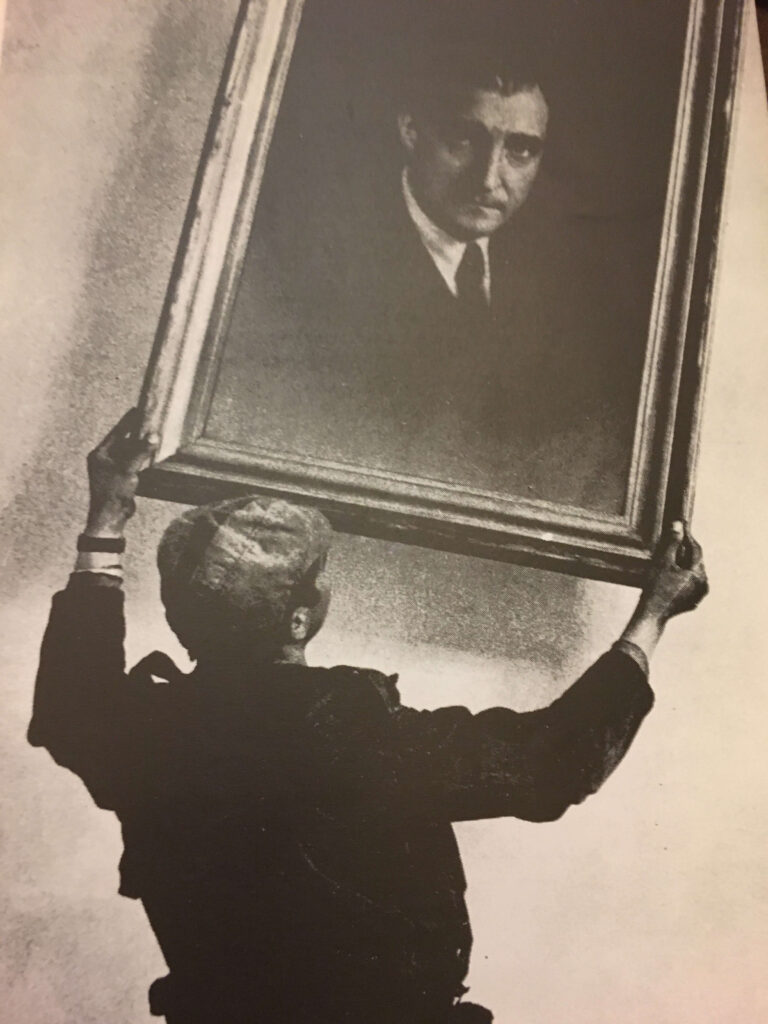Looking at us head-on: Spain, Portugal and their images
23 and 25 June 2021
Cinema São Jorge / NOVA FCSH Colégio Almada Negreiros
In recent years, southern Europe, and in particular the last formal dictatorships of the continent (Greece, Spain and Portugal) have been spearheads of political and cultural mobilization; scenarios of economic warfare, but also of significant political experiences. Syriza in Greece and, the Spanish state with its progressive coalition government and Portugal with its “geringonça” and a new socialist government, represent an exception to the conservative political extension gaining ground in the parliaments of the countries of the European Union and around the world.
Taking this juncture as a starting point, we would like to open a debate to consider how the recent histories of Spain and Portugal inform the present. Considering the current conservative and authoritarian turn, framed in a contemporary emergence of “new fascisms” or a post-fascist moment, we seek to open a space to reflect on political traditions and cultures produced in the frames of Portuguese and Spanish dictatorships and post-dictatorships and the responses in resistance to these movements, in order to assess their usefulness today for imagining other possible futures. In this context, starting from a re-evaluation of the cultures of anti-fascism, we propose an analysis of how images and representative strategies have been and are mobilized to constitute movements that resist the emergence of increasingly neoliberal, capitalist and exclusionary policies.
This seminar is proposed as a dialogue between scholars of politics, anthropology, art, film and visual culture from Spain and Portugal, two states that have had a tense historical relationship, almost parallel dictatorial periods, and have had their backs to each other for far too long.
15:00 – 20:30 Transiciones en la pantalla
Cinema São Jorge – Sala 3
Screening of Bom povo português (Rui Simões, 1980) and Después de… No os pode dejar sólos (Cecilia and José Bartolomé, 1981), followed by a conversation between Rui Simões, Lee Douglas and María Ruido.
10:30 – 11:00 Welcome and introduction
11:00 – 13:00 Panel – Transiciones de frente
Chair: María Ruido
Manuel Loff , Democratizar no caos ou em estabilidade? A Revolução portuguesa e a Transição espanhola como contramodelos recíprocos
Antonio Gómez Villar, Pasado y presente de la cultura de la Transición en nuestra imaginación política
13:00 – 14:30 Break
14:30 – 16:30 Panel – Estética y política del antifascismo: entre el neorrealismo y la experimentación
Chair: Luis Trindade
Antonio Pedro Pita, TBD
Paula Barreiro López, Dilemas éticos y estéticos en las fuerzas de la cultura: realismo intencional y práctica de vanguardia en frente antifranquista
16:30 – 17:00 Break
17:00 – 19:00 Panel – Prácticas artísticas transicionales
Chair: Lee Douglas
Joana Craveiro, À procura de um lugar – das rupturas artísticas e culturais com o ‘passado’ às experiências artísticas em torno da memória e da história política
Alberto Berzosa, Desacoples en las visualidades críticas de la transición
Multimedia
Manuel Loff / Antonio Gómez Villar
Alberto Berzosa / Joana Craveiro
Panel – Estética y política del antifascismo: entre el neorrealismo y la experimentación
Paula Barreiro López / Antonio Pedro Pita
The June 23 session is in situ. Admission is free and tickets (subject to availability) will be available at the Cinema São Jorge box office between 13:00 and 15:00.
The June 25 sessions can be followed virtually, on IHC’s youtube page. If you prefer to attend in person (Colégio Almada Negreiros – NOVA FCSH), please register at this link.

This seminar is organized by the projects Decentralized Modernities: Art, Politics and Counterculture in the Transatlantic Axis during the Cold War and Militant Imaginaries, Colonial Memories: The Visual & Material Traces of Revolution and Return (MSCA-IF- 895197), with the support of Instituto de Historia Contemporánea de la Universidad NOVA de Lisboa, del CEIS20 de la Universidad de Coimbra e del Cinema São Jorge/EGEAC. The IHC is financed by national funds through the FCT – Fundação para a Ciência e a Tecnologia, I.P., within the scope of projects UIDB/04209/2020.
This seminar is part of a project that has received funding from the European Union’s Horizon 2020 research and innovation programme under the Marie Sklowdowska-Curie grant agreement No 895197.
Image: Juan Genovés, Retrato Oficial, 1975

